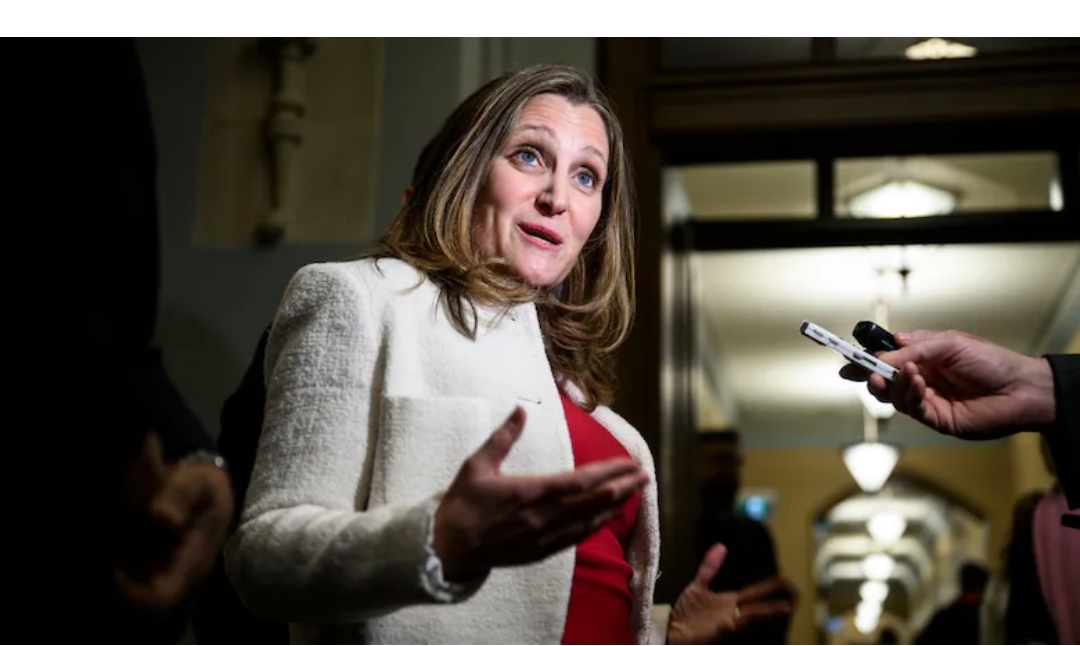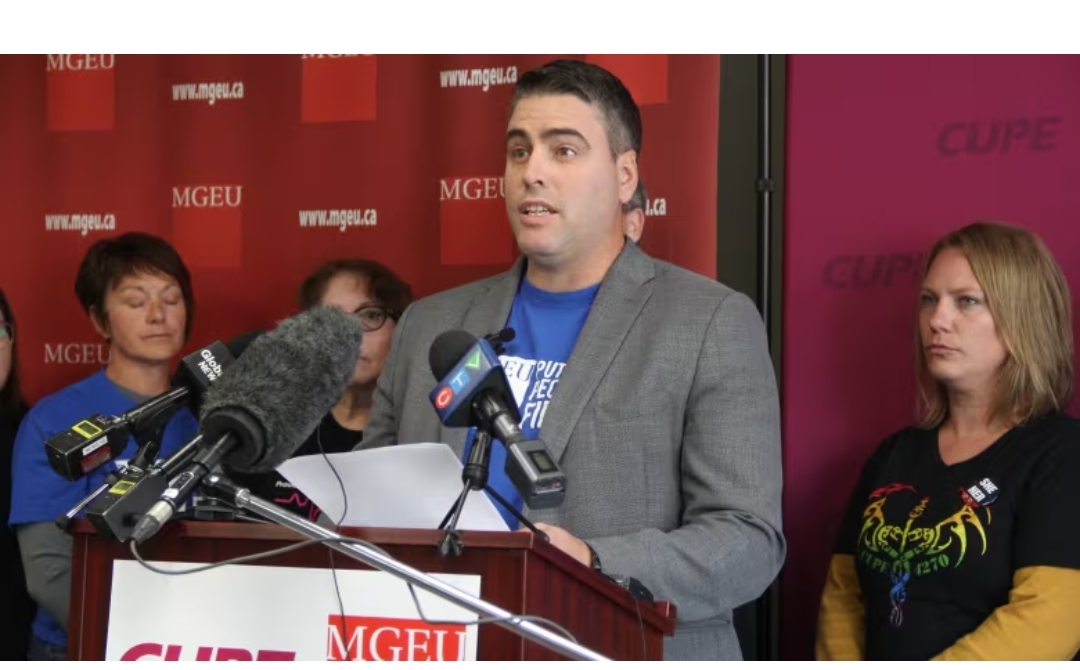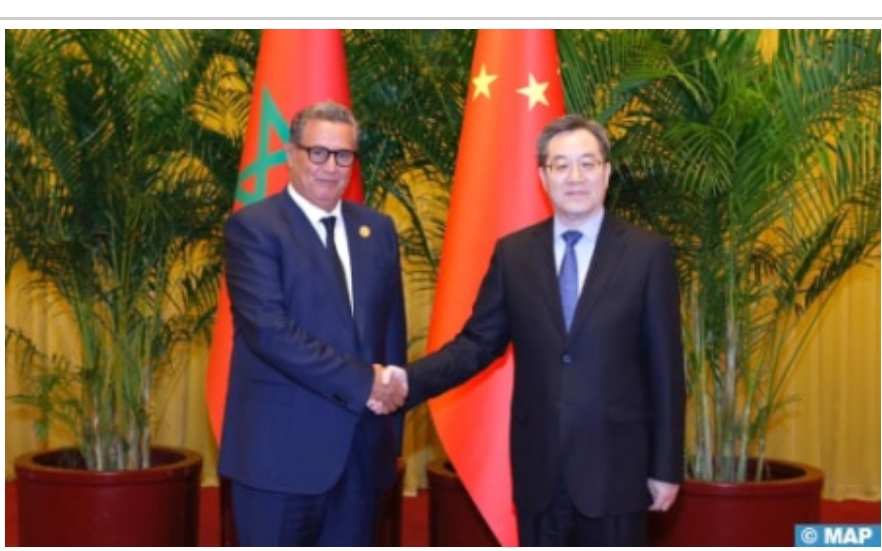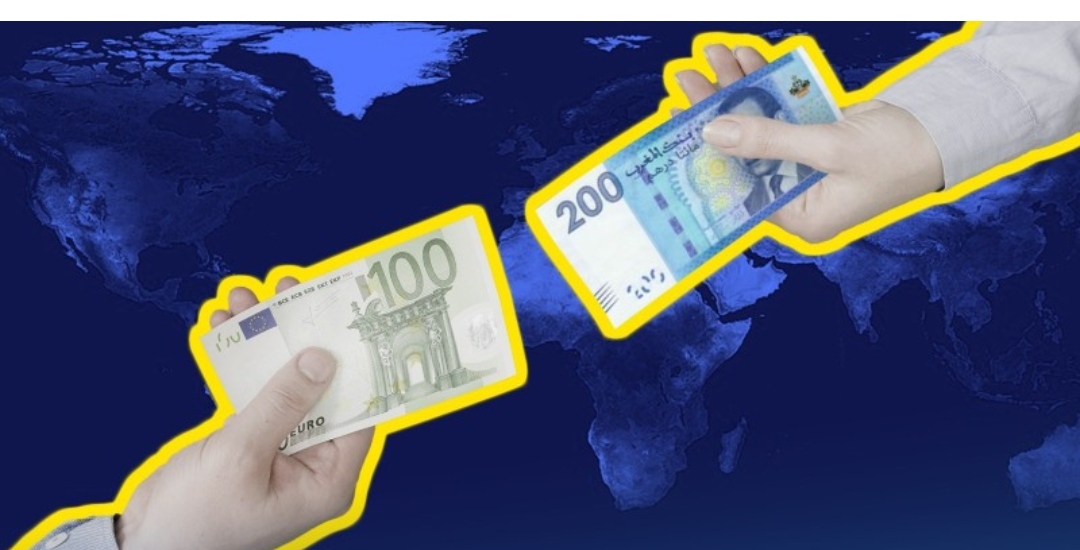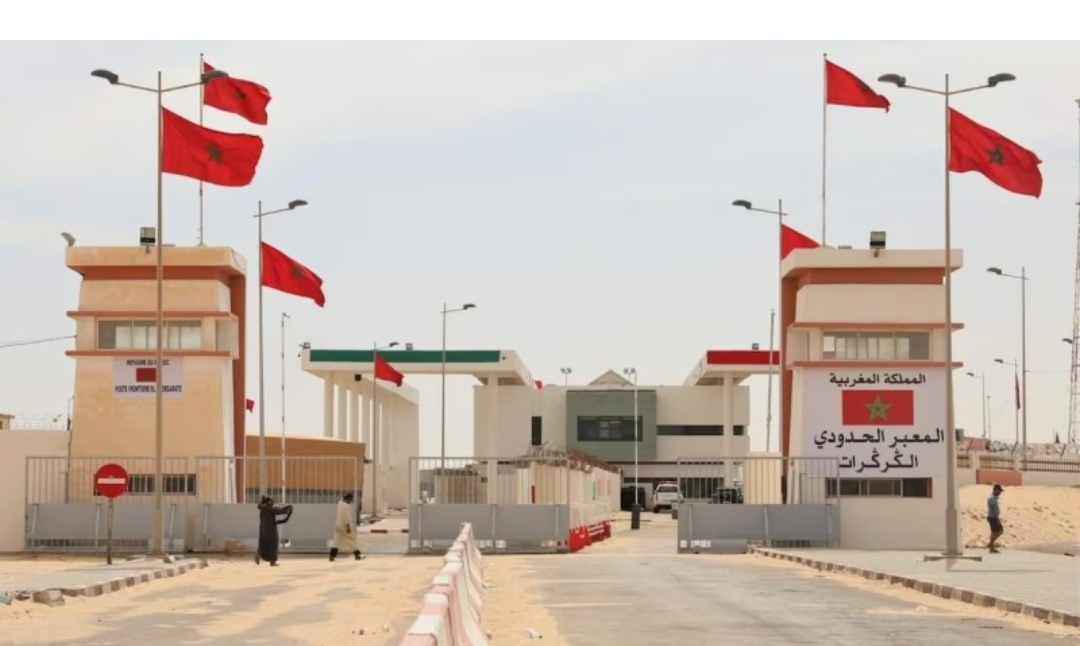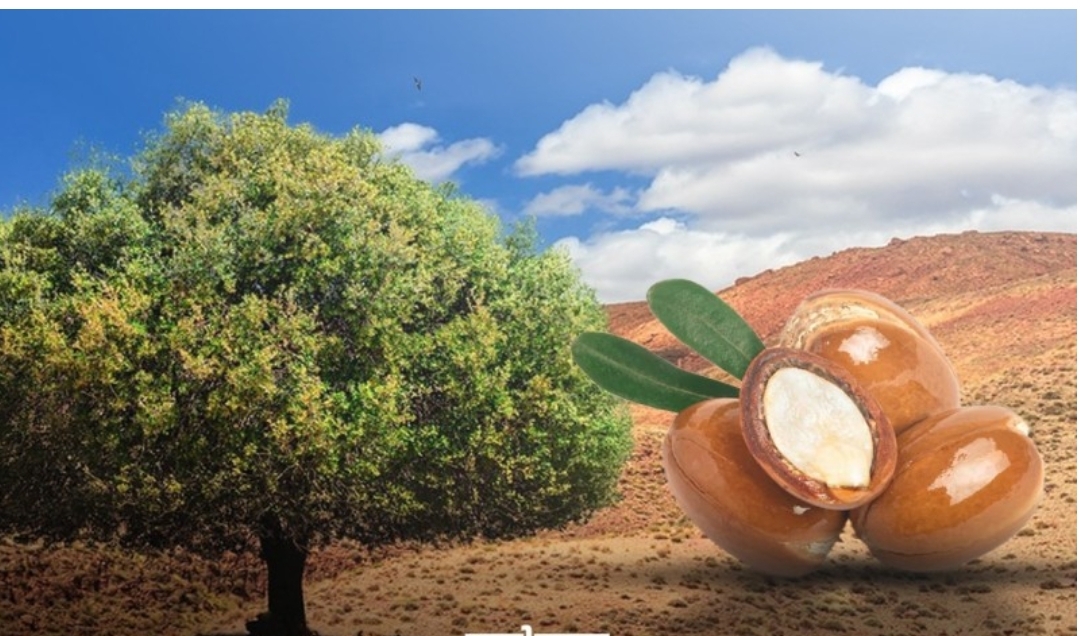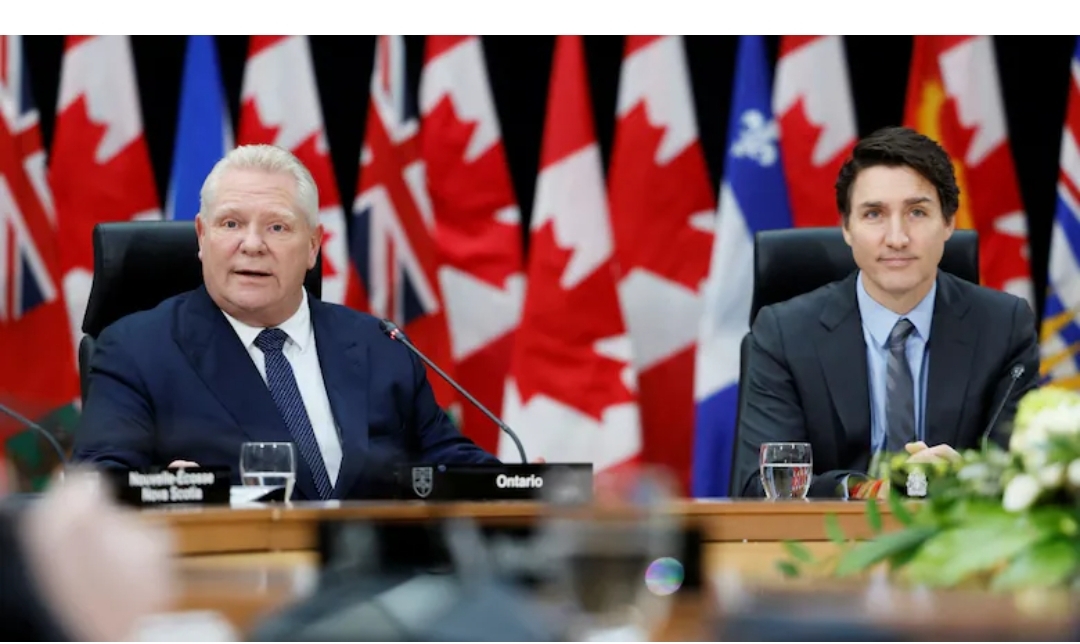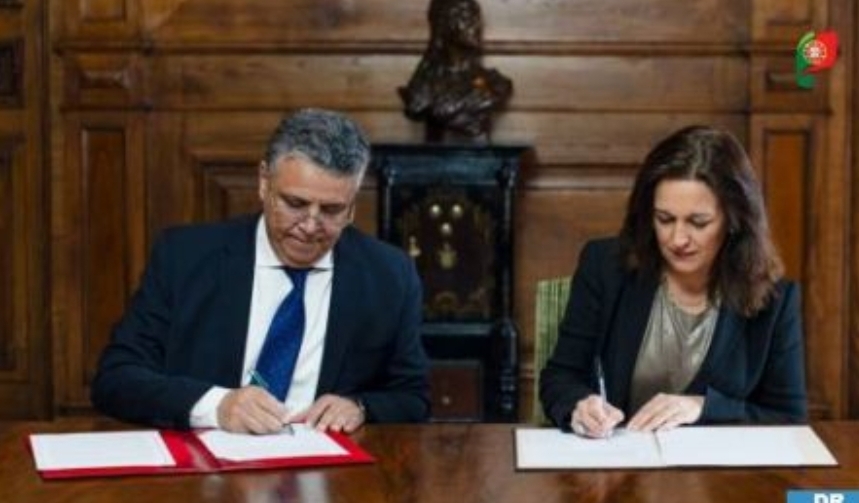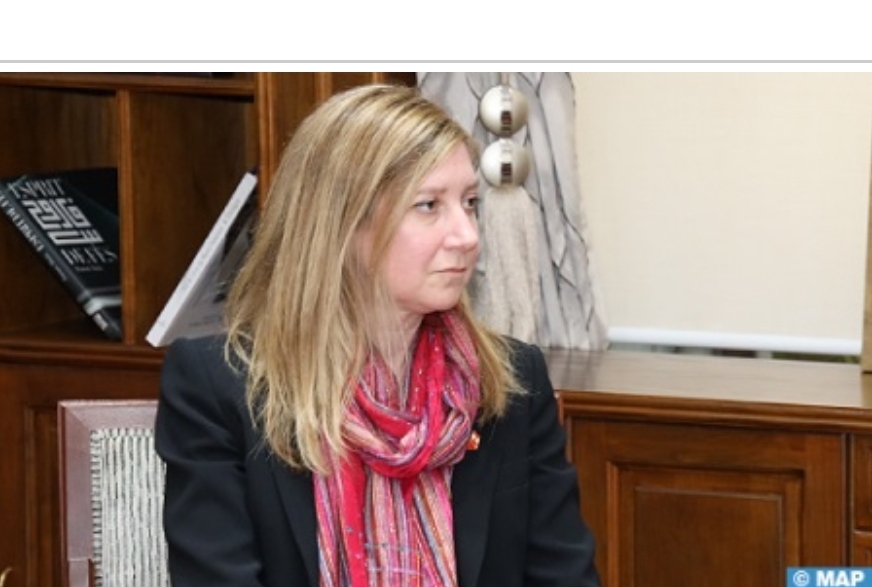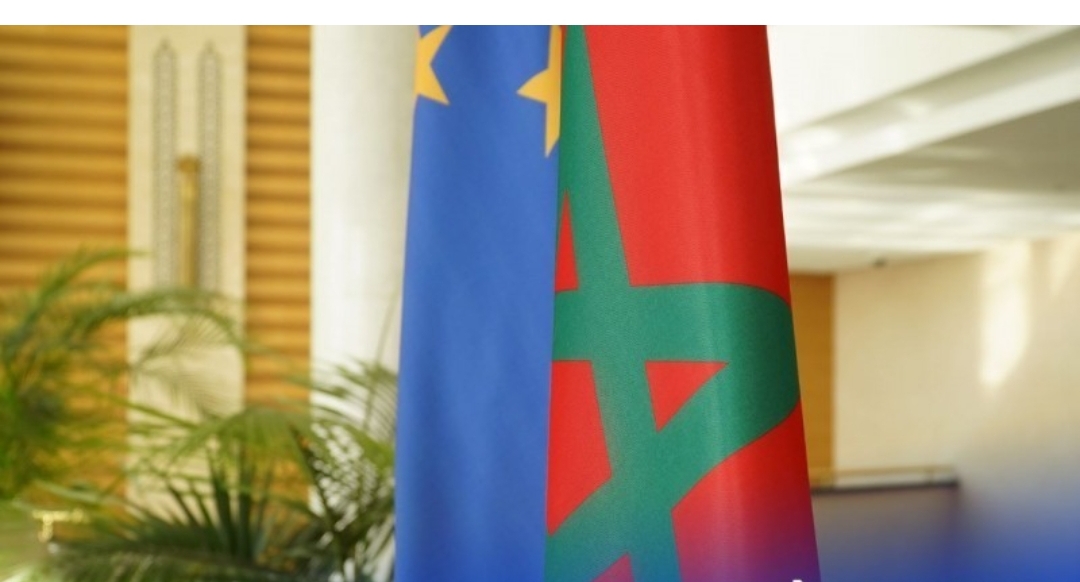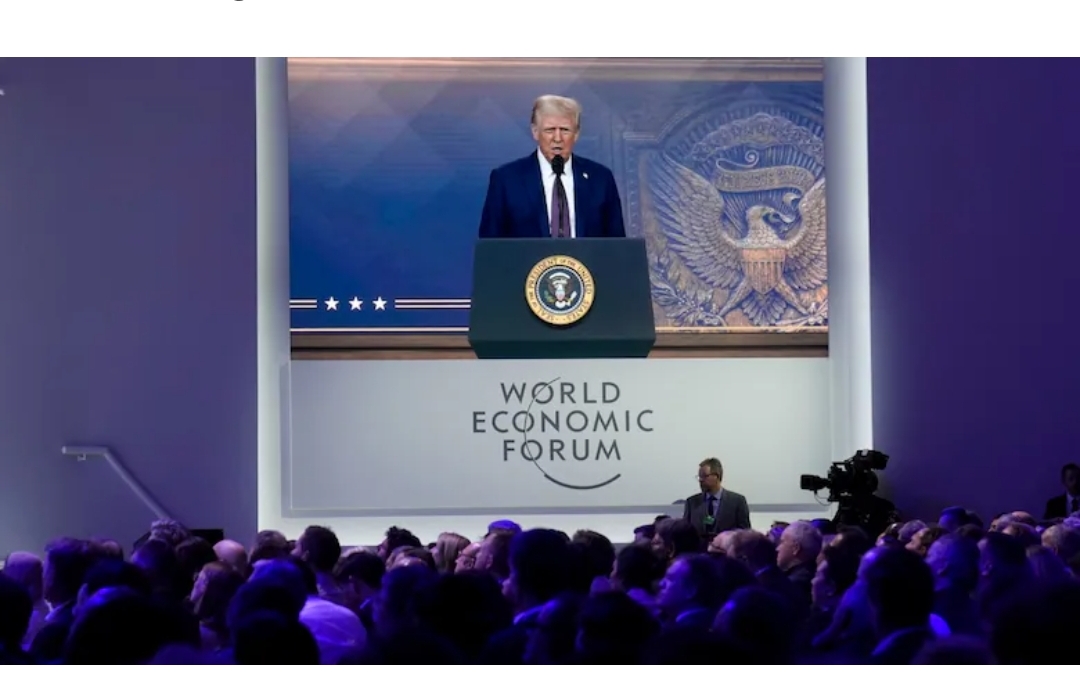Assahafa.com
When Chrystia Freeland proposed raising taxes on capital gains last April, she pitched the change — and related promises to invest in dental care, school food programs and housing — in starkly moral terms.
“Before they complain too bitterly, I would like Canada’s one per cent — Canada’s 0.1 per cent — to consider this: What kind of Canada do you want to live in?” she asked in what would turn out to be her last budget speech. “Do you want to live in a country where those at the very top live lives of luxury — but must do so in gated communities, behind ever higher fences, using private health care and airplanes, because the public sphere is so degraded and the wrath of the vast majority of their less privileged compatriots burns so hot?”
Eight months later, Freeland has apparently decided that increasing the inclusion rate for capital gains is not strictly necessary to stave off societal collapse.
At Issue this week: Donald Trump continues to lob tariff threats at Canada, now as president of the United States. Deadline day arrives for the Liberal leadership race. And Doug Ford’s plan to call an early election in Ontario.
The official explanation from Freeland’s campaign is that her change in view was precipitated by the recent election results in the United States and competitiveness concerns for the Canadian economy. But it wasn’t exactly inconceivable last April that Donald Trump would become president and Republicans would win control of both the Senate and House.
In fairness to Freeland, she wouldn’t be the first finance minister to reverse course. And a leadership race is an opportune moment for any party to reflect on its choices.
Say goodbye to the carbon tax and capital gains changes
The first — and perhaps most predictable — victim of the Liberal Party’s current period of self-reflection was the carbon tax. The carbon tax was undone not only by its own lack of public support, but also the unpopularity of the prime minister. Justin Trudeau’s potential successors were always going to want to show that they were not him — and perhaps the quickest and easiest way to do that was to renounce the carbon tax.
Of the three presumed front-runners in the current Liberal leadership race — Mark Carney, Chrystia Freeland and Karina Gould — only Gould has said she wouldn’t repeal the consumer carbon tax entirely (she’d freeze it at the current price).
The capital gains tax changes announced last spring were another inviting target for reconsideration. As evidenced by Freeland’s rhetorical salvos, the Liberals were initially eager for a fight on the policy. But they were not winning that fight — a poll conducted by Abacus this month found that 27 per cent of Canadians supported the policy, while 44 per cent wanted it scrapped. (The prorogation of Parliament also left legislation to codify the changes in limbo.)
Like the carbon tax, the policy now seems effectively dead — the Conservatives already opposed it and so now do all the front-runners for the Liberal leadership.
As the Liberal leadership race solidifies, former Bank of Canada governor Mark Carney leads with endorsements over former minister of finance Chrystia Freeland.
“Since the policy was introduced in last year’s budget, Mark Carney has been clear that it sent the wrong signal at the wrong time to the builders and innovators who make it possible to grow our economy,” the Carney campaign said this week.
These are just the opening moves in what could be a significant policy debate for the Liberal Party over the next six weeks.
Where will the winds blow the party next?
The Liberal Party has long operated on the left side of the political spectrum, but it has also long displayed a willingness and an ability to shift with the prevailing political winds. That’s how a party gets from Mackenzie King (famously cautious) to Lester B. Pearson (famously active) to Jean Chrétien (famously balanced the federal budget) to Justin Trudeau (famously didn’t).
In word and deed, Trudeau moved the Liberal Party further to the left than it had been under his immediate predecessors. To some extent that might have been dictated by the pre-eminent concerns of the moment. But long before Trudeau was compelled to resign, it was possible to see how the party might change tack again, even if only slightly, in his wake.
Trudeau’s Liberals were widely viewed as being primarily focused on things like inequality, wealth redistribution, social programs, climate change and reconciliation. And so it would be unsurprising if the race to choose Trudeau’s successor saw some push to focus on things that he was accused of not paying enough attention to — like economic growth and fiscal discipline.
In her resignation letter to the prime minister, Freeland emphasized a difference of opinion over how much the government was spending. And in his campaign launch last week, Carney voiced the concern that the Trudeau government had let its “attention wander from the economy too often.”
A turn toward such issues would fit with both the elite discourse of the moment (rarely, if ever, has so much attention been paid to Canada’s GDP per capita) but also with the prevailing political trend (the Liberals have largely lost voters to the Conservatives). A new focus on classic economic concerns might also align with the most immediate threat to the country: Donald Trump’s trade policies.
But either way, the details will matter.
If not a capital gains increase, then what?
Killing the carbon tax might have been politically necessary (or inevitable), but it also leaves a hole in Canada’s existing plan to reduce greenhouse gas emissions. How will the Liberal leadership contenders address that gap?
Abandoning the capital gains changes might seem easy enough, but the federal government also expected the move to increase federal revenues by $19.4 billion over the next five years. Would the candidates replace that revenue or try to make do without it?
But reforming capital gains wasn’t touted only as a way to raise revenue to pay for things like dental care. It was also said to be about economic inequality and re-balancing an unfair tax system.
On her way into a Liberal caucus meeting in Ottawa on Thursday, Toronto MP Chrystia Freeland says her focus while running to be the next party leader is reviving its grassroots and making its processes more democratic.
“In addition to the fiscal cost [of scrapping the capital gains changes], there should be some caution politically … because the question will be: do you put something else in the window that speaks to progressives?” Tyler Meredith, a former senior policy adviser in the Trudeau government, warned on the Race to Replace podcast this week (he was speaking before it became clear that all of the front-runners would reverse the changes).
“Because I think from an income and a wealth inequality perspective, we have to be careful about also leaving ourselves exposed to the NDP.”
The Liberal Party’s biggest concern right now might be closing the gap with the Conservatives. But it also owes a fair bit of its success in the last three elections to progressive policies and winning progressive votes — on issues like climate change and reconciliation.
And if there was a moral imperative last April to build a more equal society, it’s hard to imagine that even Donald Trump can render that principle moot now.
Source: cbc
